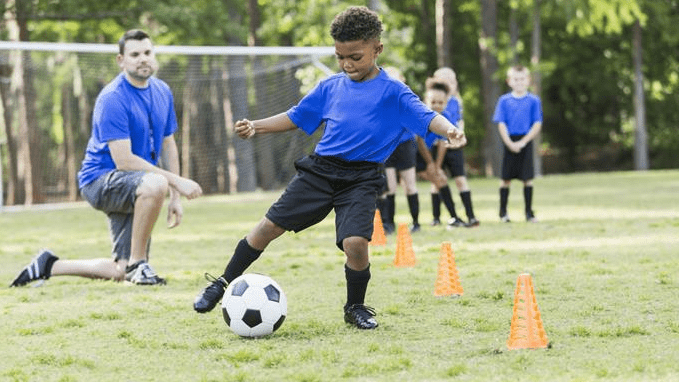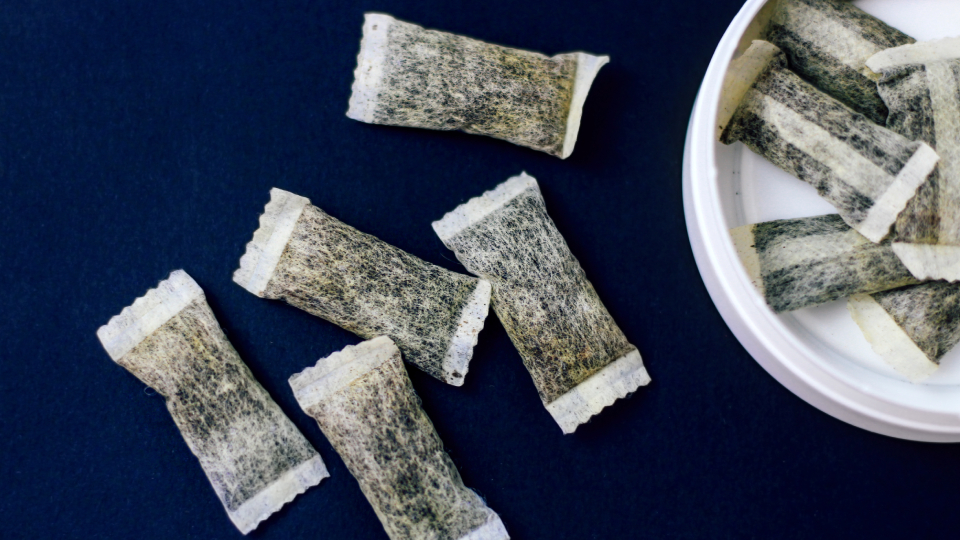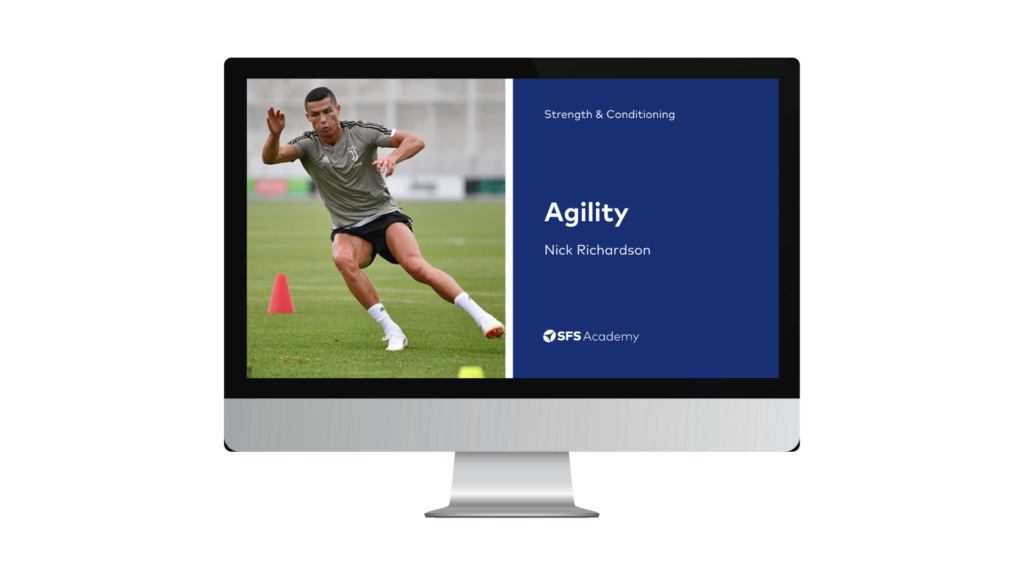This week in the world of sports science, here’s what happened…
With the commencement of the European Football (soccer) Championships, SFS Weekly is excited to present a special football edition this week. While we anticipate the tournament to provide memorable sporting moments, we cannot ignore the significant challenges currently facing football. We can all work together—sports coaches, medical staff, and support personnel like strength and conditioning coaches—to improve this beautiful game. This edition aims to spotlight these issues and encourage positive changes within the football community to make the game even better.
- Are football academies’ talent identification programs successful?
- The cognitive impairment caused by heading a football
- Snus and nicotine pouches: The dark secret in football
Are football academies’ talent identification programs successful?

A recent study has been published, examining the success rate of talent identification in Spanish football academies. The study focused on the career trajectories of 198 male football players from two professional academy clubs based in Madrid.
The findings revealed that only 12 players progressed to become full-time professional footballers, with merely 7 players reaching La Liga, the highest professional football division in Spain. These results indicate a notably low conversion rate from youth academy football players to professional status, underscoring the challenges in talent identification. Additionally, 113 out of the 198 academy players could not be traced, suggesting that they may have retired or discontinued playing amateur football. It’s concerning that over half of these players couldn’t be traced, highlighting the need for academies to work harder to keep young athletes in the sport as they transition to adulthood.
The study also identified key traits associated with successful progression from academy to professional level, notably highlighting self-confidence, ball reception, and dribbling ability. Consequently, the development of these specific traits at the academy level may enhance the likelihood of successful conversion. Nonetheless, the study serves to underscore the current limitations in talent identification within Spanish football academies.
To find out more about talent identification, check out our blog Talent identification: What coaches are looking for in youth athletes
The cognitive impairment caused by heading a football

Recently, an insightful article was published by Psy Post, delving into the latest scientific research on the correlation between the skill of heading a football and its impact on brain health. As an inherent component of football, heading is routinely practised by players as part of their training regimen.
According to the article, footballers face a 3.5 times higher risk of developing neurodegenerative diseases compared to the general population, with defenders facing an even higher fivefold risk due to their more frequent heading activities.
The article highlights the findings of a recent study, which revealed that short-term heading can have an immediate impact on the brain. The study involved two groups, one performing 20 headers of a ball thrown from 13 meters, while the other completed the same task in a virtual reality setting without heading a physical ball.
The study’s results demonstrated that 90% of the participants practising physical heading experienced symptoms akin to concussion, while only 10% of the virtual reality group displayed similar symptoms. Interestingly, the virtual reality group exhibited quicker reactions, fewer errors, and greater brain activity following the task.
Based on these results, the researchers suggest that short-term heading practice may impede cognitive function and disrupt motor skill proficiency. The findings could lead to a shift in using virtual reality for heading practice in training sessions, instead of real ball heading, to enhance safety in football.
Snus and nicotine pouches: The dark secret in football

A recent article published by BBC Sport has raised concerns within the football community regarding the use of snus and nicotine pouches among players. The article discussed the findings of a study conducted by Loughborough University, revealing that approximately one in five football players are using snus, nicotine pouches, or a combination of both. The actual prevalence may be higher, as some players may not have truthfully disclosed their usage.
The study included over 600 male players from the English Premier League and Football League clubs, along with more than 50 female players from the Women’s Super League. Snus, a tobacco-based product placed under the lip to release nicotine into the bloodstream, is illegal to sell in the United Kingdom but not prohibited for personal use. On the other hand, tobacco-free nicotine pouches are legally available for purchase.
According to the study, players perceive snus and nicotine pouches as aids to enhance their mental readiness, with over 56% of snus users believing it helps them relax and serves as a coping mechanism. Some users also claim that it helps suppress their appetite and gain social acceptance among senior teammates.
Despite these perceived benefits, the usage of snus is associated with numerous adverse health effects. It elevates the risks of developing oesophageal and pancreatic cancers, as well as cardiovascular diseases. Moreover, it can lead to an increased incidence of mouth lesions and pose a risk of triggering an adverse anti-doping finding.
Of concern is the revelation that nearly 60% of male players and almost 90% of female players reported a lack of education about the side effects of snus and nicotine dependence. This underscores the necessity for better education and awareness among players regarding the potential risks associated with the use of these products.
The results indicate a pressing need for a thorough education on the negative effects of snus and methods to reduce nicotine dependence among football players. This will help in creating improved strategies for managing stress and promoting relaxation, which will contribute to the players’ well-being and uphold the integrity of the sport.
From us this week:
>> New course: Behaviour Change
>> New podcast: No Gym, No Problem: Maximal Gains With Minimal Equipment
>> New infographic: Effects Of 20-Minutes Mindfulness Meditation On Shooting Performance
>> New article: Stop Looking! These Are The Best Infrared Saunas (2024)
Access to a growing library of sports science courses
SFS Academy is an all-access membership to premium sports science education.
With SFS Academy, you’ll learn from some of the best coaches around the world as they teach you how to apply the latest research and practice with your athletes.



